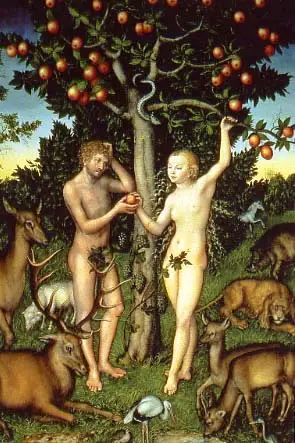The proverbial saying ‘pride comes before a fall’ is a warning that haughtiness and hubris leads to failure and loss.
Pride comes before a fall
What's the meaning of the phrase 'Pride comes before a fall'?
What's the origin of the phrase 'Pride comes before a fall'?
The proverb ‘pride comes before a fall’ was originally ‘pride goes before a fall’ and this variant is still commonly used.
In fact, neither version is exactly as the proverb was originally written. The line comes from the Bible and is found, appropriately, in Proverbs 16:18. This is the current King James Version text:
Pride goeth before destruction, and a haughty spirit before a fall.
This has been used in biblical versions since at least Wycliffe’s Bible in 1382:
Pride goth befor contricioun, & befor falling the spirit shall ben enhauncid.
The meaning of ‘fall’ these days is interpreted to be ‘downfall; failure’ but the biblical meaning indicates something more calamitous. Fall was there meant to indicate what in the OED defines thus:
The action or fact of lapsing into sin or folly, or of yielding to temptation; moral decline, descent, or ruin.
This is the fall that Eve, the original fallen woman, was said to have suffered by tasting the apple of the tree of the knowledge of good and evil.
So, if early users of the proverb spoke of pride going before contrition or destruction or shame, when did people start saying ‘pride comes before a fall’?
The Coverdale Bible of 1535 includes the verse in Proverbs 29:23:
After pryde commeth a fall, but a lowly sprete bryngeth greate worshipe.
The modern wording of ‘pride comes before a fall’ is first found in England. The earliest citation that I can find of that form was printed in An Exposition of the Old Testament, 1810, by the English theologian John Gill. Gill died in 1771 and the expression was probably known in its current form from before then, although it may be that the 1810 publication altered Gill’s original wording.
It’s notable that the best known personification of pride in English literature – Fitzwilliam Darcy in Pride and Prejudice, didn’t result in his downfall and failure; the novel concludes with his happy marriage to Elizabeth Bennet.
[My thanks to Peter Lukacs, ElizabethanDrama.org for the 1535 and 1810 citations.]
The history of “Pride comes before a fall” in printed materials
Trend of pride comes before a fall in printed material over time
Related phrases and meanings
Browse more Phrases
About the Author

Phrases & Meanings
A-Z
A B C D E F G H I J K L M N O P Q R S T UV W XYZ
Categories
American Animals Australian Bible Body Colour Conflict Death Devil Dogs Emotions Euphemism Family Fashion Food French Horses ‘Jack’ Luck Money Military Music Names Nature Nautical Numbers Politics Religion Shakespeare Stupidity Entertainment Weather Women Work
How did we do?
Have you spotted something that needs updated on this page? We review all feedback we receive to ensure that we provide the most accurate and up to date information on phrases.
